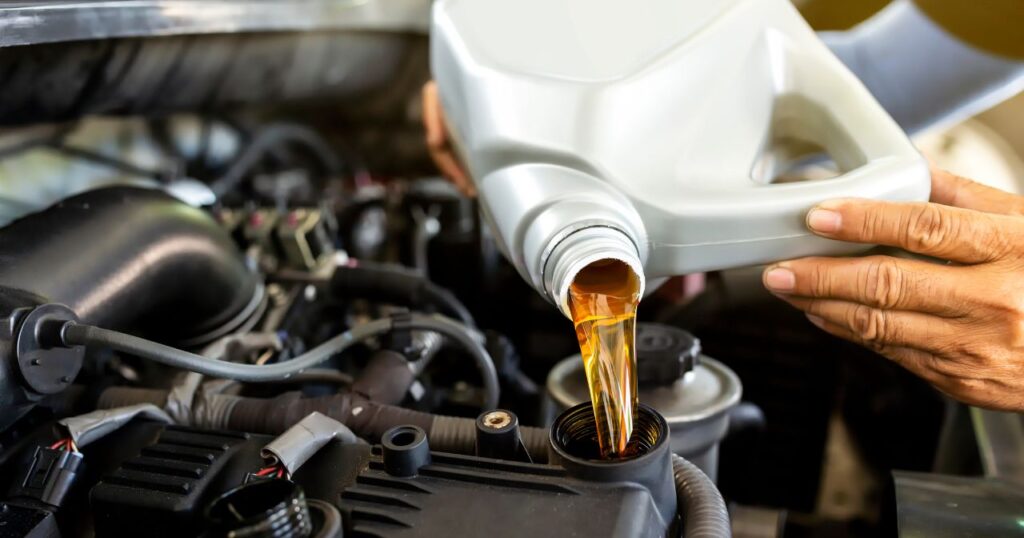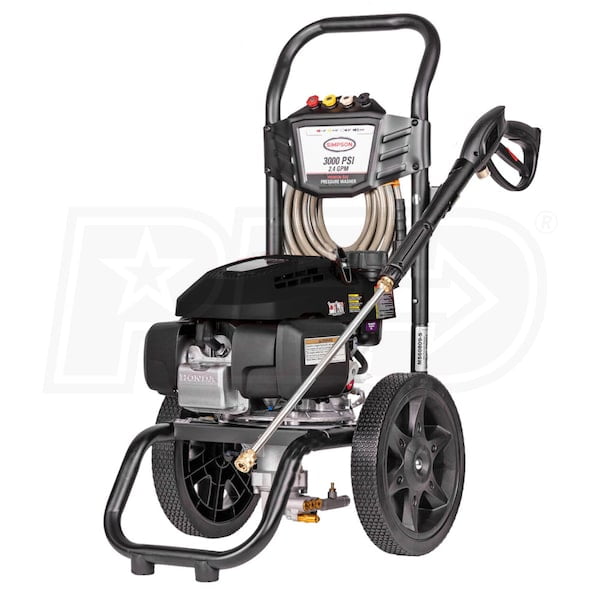Standardised Engine Oil Temperature Range: Optimizing Performance and Efficiency
The standardised engine oil temperature range refers to the optimal temperature at which engine oil should operate for optimal performance and longevity. This temperature range is determined by the manufacturer and may vary depending on the specific engine and oil type. Understanding the standardised engine oil temperature range is crucial for maintaining the health and efficiency of your vehicle’s engine. Engine oil plays a vital role in lubricating the moving parts of the engine and keeping it cool. However, operating the engine oil at temperatures below or above the recommended range can lead to decreased performance, increased wear and tear, and potential engine damage. In this comprehensive guide, we will explore what constitutes a normal engine oil temperature, the factors that influence it, and the importance of staying within the prescribed temperature range. By the end, you will have a clear understanding of how to best manage and monitor your engine’s oil temperature for optimal performance and longevity. What Is Engine Oil Temperature And Why Is It Important? The standardised engine oil temperature range is an important factor to consider for optimal engine performance. Maintaining the normal engine oil temperature ensures proper lubrication and prevents overheating, which can lead to engine damage. Definition Of Engine Oil Temperature The engine oil temperature refers to the temperature at which the engine oil operates within the engine. It is the measure of how hot or cold the engine oil is while the engine is running. Role Of Engine Oil Temperature In Engine Performance And Efficiency The engine oil temperature plays a crucial role in ensuring optimal engine performance and efficiency. It affects various components and processes within the engine, such as lubrication, viscosity, fuel consumption, and emissions. A higher engine oil temperature helps to reduce the viscosity of the oil, allowing it to flow more freely throughout the engine. This helps to lubricate and protect the moving parts, reducing friction and wear. Additionally, it helps to maintain a consistent oil film thickness, ensuring smoother operation and reduced power loss. On the other hand, a lower engine oil temperature helps to maintain the desired viscosity of the oil, preventing it from thinning too much. This is particularly important during cold starts, as a thicker oil provides better protection during initial startup when engine components may not be fully lubricated. Furthermore, the engine oil temperature affects fuel consumption and emissions. When the oil temperature is within the recommended range, the engine operates at its optimal efficiency, resulting in better fuel economy. Additionally, maintaining the correct engine oil temperature helps to reduce the formation of harmful emissions, contributing to a cleaner and more environmentally-friendly operation. Importance Of Maintaining The Optimal Engine Oil Temperature Maintaining the optimal engine oil temperature is crucial for the longevity and performance of the engine. A deviation from the recommended oil temperature range can have detrimental effects on various engine components and overall efficiency. Too low of an engine oil temperature can result in increased friction, poor lubrication, and even engine damage. The oil may become thicker and fail to flow properly, leading to increased wear on the engine components and reduced fuel efficiency. Conversely, excessively high engine oil temperature can lead to oil breakdown and degradation. The oil may become too thin, reducing its ability to provide proper lubrication and protection. This can result in increased friction, component wear, and potential engine failure. In order to ensure optimal engine performance, it is important to maintain the engine oil temperature within the recommended range specified by the manufacturer. Regular monitoring and maintenance of the oil temperature, along with proper cooling and lubrication systems, will help to extend the life of the engine and maximize its efficiency. Credit: www.gea.com Factors Affecting Engine Oil Temperature Engine oil temperature plays a crucial role in maintaining optimal engine performance and longevity. Several factors can influence the temperature at which the engine oil operates. Understanding these factors can help ensure that the engine oil remains within the standardized temperature range, maximizing its effectiveness. Let’s take a closer look at some of the key factors affecting engine oil temperature: 1. Operating Conditions And Load The operating conditions and load placed on the engine have a significant impact on oil temperature. Under high-stress situations, such as towing heavy loads or driving uphill, the engine works harder, generating more heat. This increased heat production can elevate oil temperature, potentially surpassing the desired range. On the other hand, during light driving conditions or idling, the engine may not generate sufficient heat, leading to lower oil temperatures. Maintaining a balanced load and avoiding excessive strain on the engine can help regulate oil temperature. 2. Ambient Temperature Ambient temperature refers to the temperature of the surrounding environment. Extreme hot or cold weather conditions can affect engine oil temperature. In colder climates, the engine oil may take longer to warm up, resulting in lower operating temperatures. Conversely, in hotter climates, the oil may experience higher temperatures as it tries to dissipate heat. It is essential to consider the ambient temperature when assessing oil temperature to ensure optimal engine performance. 3. Type And Grade Of Engine Oil The type and grade of engine oil used can significantly impact oil temperature. Different oils have varying viscosities, or thicknesses, which affect how they flow and dissipate heat. High-performance synthetic oils tend to have better thermal stability and can maintain stable oil temperatures even under extreme conditions. On the other hand, lower-grade oils or those not suitable for specific engine types may struggle to regulate oil temperature effectively. Choosing the right type and grade of oil for your engine specifications is crucial for maintaining suitable oil temperature. 4. Cooling System Efficiency The efficiency of the engine’s cooling system, including the radiator, coolant, and cooling fan, directly influences oil temperature. The cooling system helps dissipate excess heat and maintain optimal engine temperatures. If the cooling system is compromised, such as a malfunctioning fan or a coolant leak, the engine oil may absorb more heat than it can adequately
Standardised Engine Oil Temperature Range: Optimizing Performance and Efficiency Read More »






